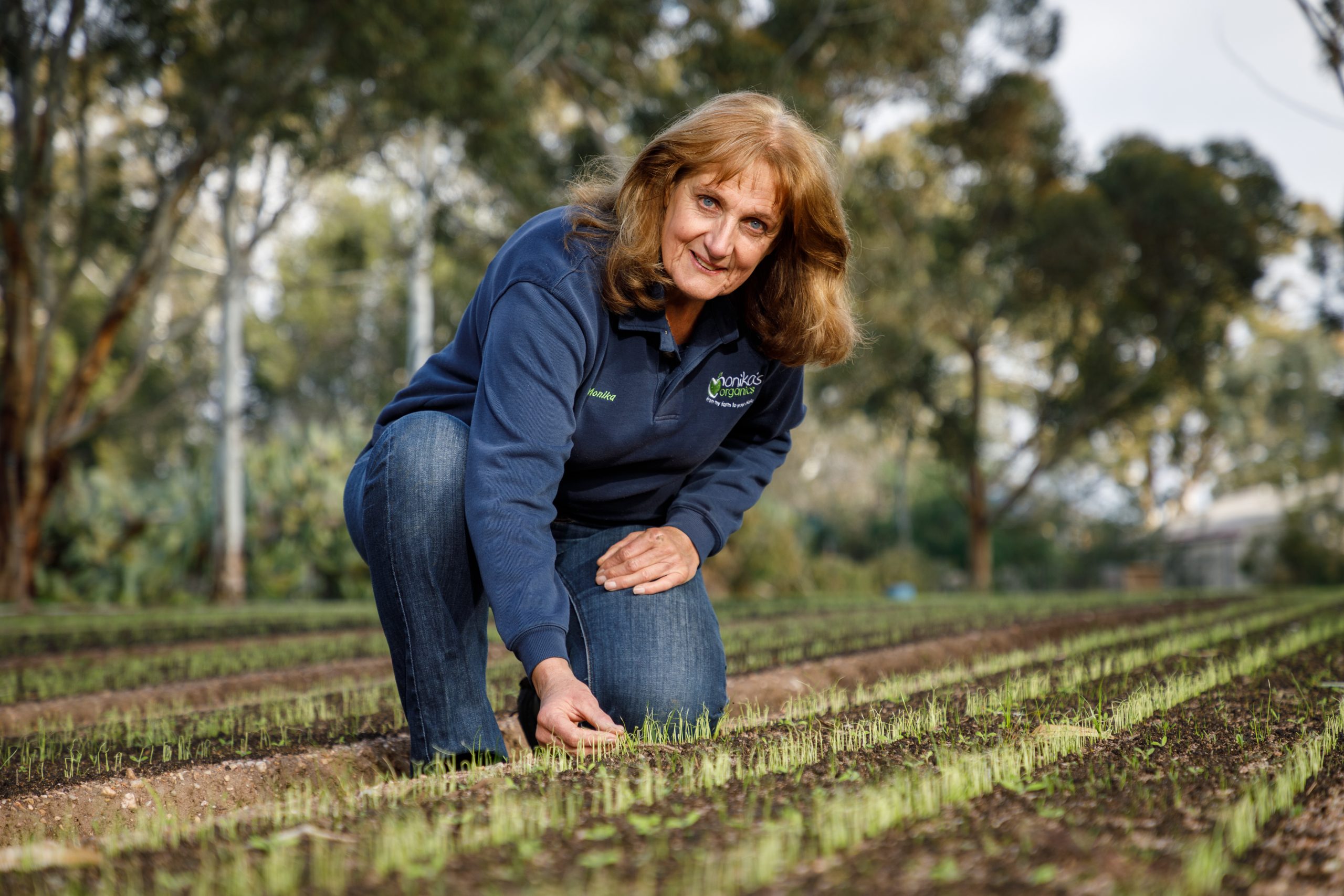From nurse to ‘farm girl’: Monika’s pathway to success
Monika Fiebig is an example of how overhauling a career path can lead to great success. Over two decades ago, Monika quit her job as a nurse to start up Monika’s Organics, an organic vegetable growing operation in Adelaide’s north-east that she runs with her son Daniel. Michelle De’Lisle speaks to Monika about her journey and the challenges faced along the way.
South Australian organic vegetable grower Monika Fiebig knows what it is like to rebuild her career. During the late 1990s, Monika – in her own words – “fell on hard times financially”, which she says had a huge impact on her personal well-being and relationships.
“I made the decision to be single and independent, and started my business from scratch 21 years ago,” Monika says.
“I did this with my eldest son Daniel who, at nine years of age, was very keen to be my business partner. I was a nurse for 20 years, not a farmer. I knew a few growers in the vegetable industry who soon became my mentors, guiding me through basic agronomy and even buying my produce.”
During 2001, Monika met an organic grower and soon realised her next career move.
“Getting involved in as many vegetable industry workshops and events began to fill my huge knowledge gaps,” Monika says.
“A number of industry people offered their guidance and expertise. I researched my markets, my capabilities, assessed my risks and left no stone unturned as failing was not an option.
“There was no turning back.”
And there certainly wasn’t. After a 21-year journey, Monika’s Organics is now a vertically integrated business model and a leading supplier to Coles, Woolworths, Foodland and IGA, as well as independent fruit and vegetable stores in South Australia. Monika’s Organics also supplies interstate, with certified organic produce grown either on-farm or brought in from other producers across Australia.
Based at Golden Grove in Adelaide’s north-east, Monika’s Organics currently produces certified organic bunch spinach, silverbeet, kale, spring onions and leeks.
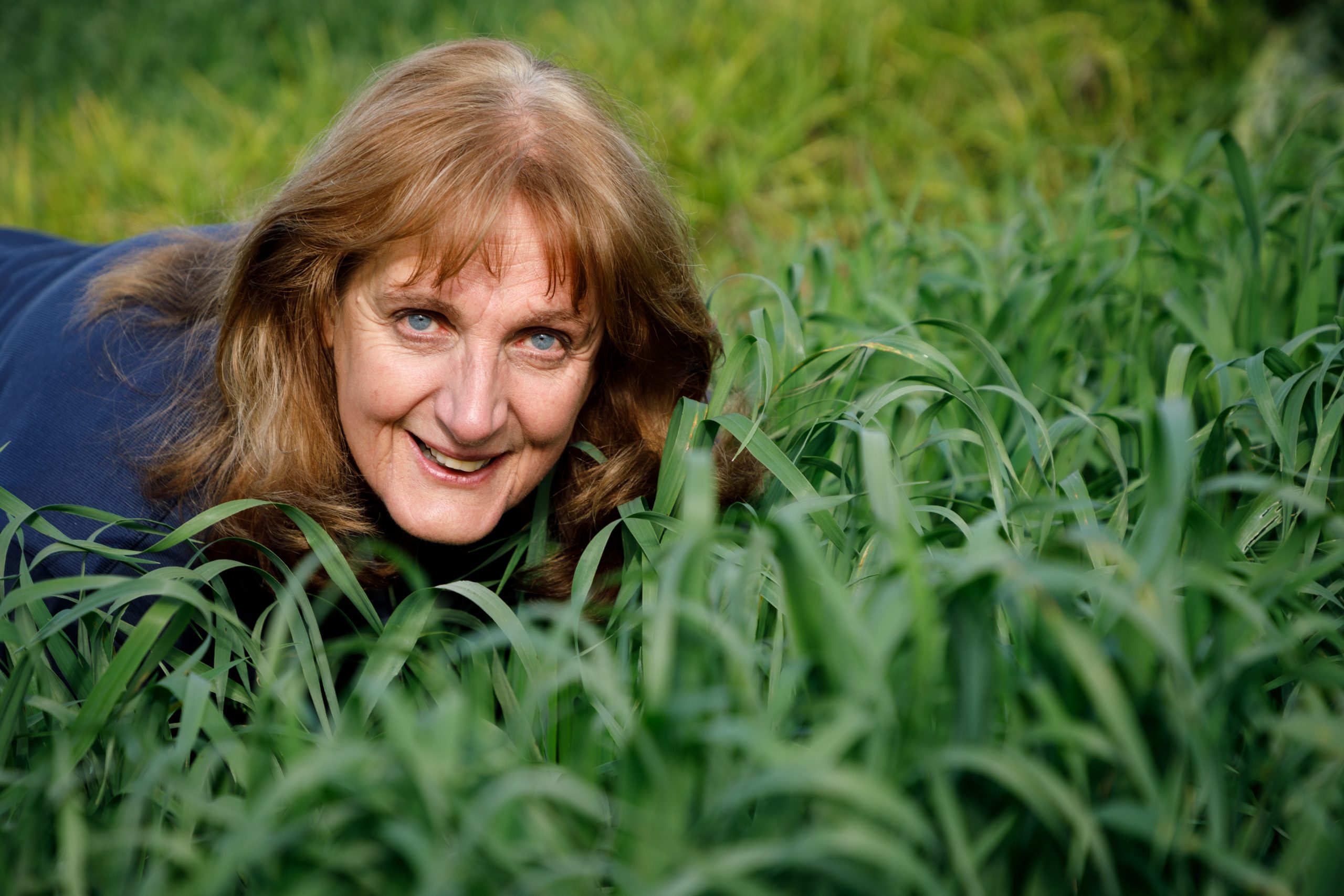
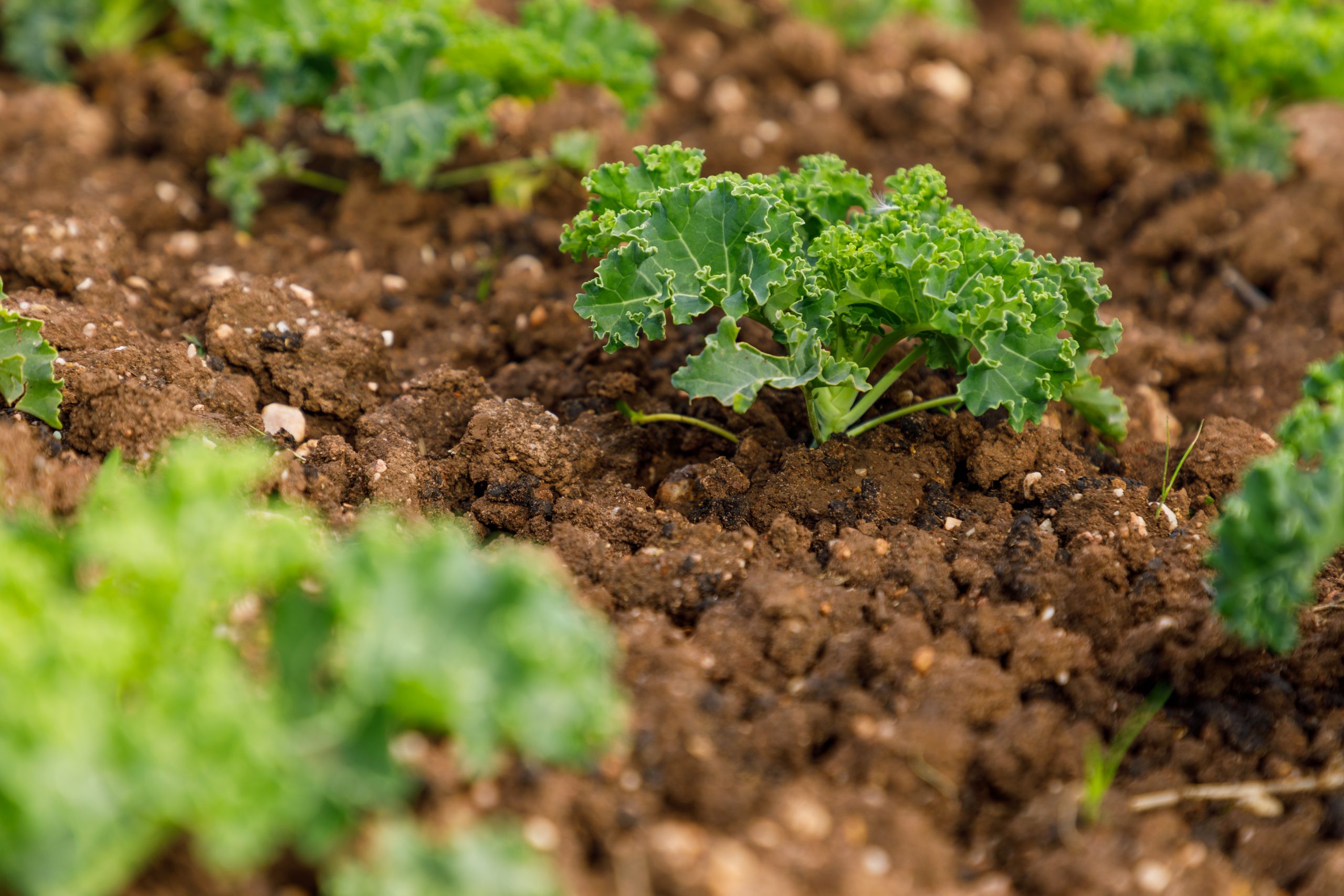
Building a business
Monika isn’t afraid of old-fashioned hard work, and in the early days she got her hands dirty.
“I was driving the truck and tractors, working the land, planting, harvesting, marketing, maintaining compliance, banking, doing repairs and setting up irrigation,” Monika says.
“I was also looking after the children: doing the school run, washing, cooking and cleaning, which were never-ending jobs.
“I felt like Superwoman. But I then had to do it all again the next day, and didn’t see an end to the gruelling cycle that I became immersed in.”
Today Monika oversees the business operation; from staff training to quality assurance, administration, reports as well as maintaining all areas of compliance and accredited programs.
“We are always on the look out to partner with highly-skilled reliable organic growers to meet customer demand."
Tackling on-farm issues
While business has steadily grown over the past two decades, there are still on-farm challenges that Monika and her team face, including weeds and managing their impact.
“Although we have an interrow mechanical weeder, and a couple of other mechanical gadgets that help considerably, we still have to hand weed,” Monika says.
“We try to get on top of the weeds early.”
Backpackers are relied upon to hand weed during the season’s peak, and Monika engages staff in social media videos to make the hand weeding process entertaining.
To maintain on-farm disease resistance, Monika says she follows the basic principles of farming, which are no different for organic growers.
“For example, we undertake crop rotations, fallow land and use green manure crops. Having a good understanding of our soils and feeding the soils with the life force it needs is good for nutritional balance and microbiome,” Monika explains.
Meanwhile, maintaining consistent supply to customers and fulfilling their needs can also be a challenge.
“We are always on the look out to partner with highly-skilled reliable organic growers to meet customer demand,” Monika says.
“Consistent supply from growers equates to strong partnerships.”
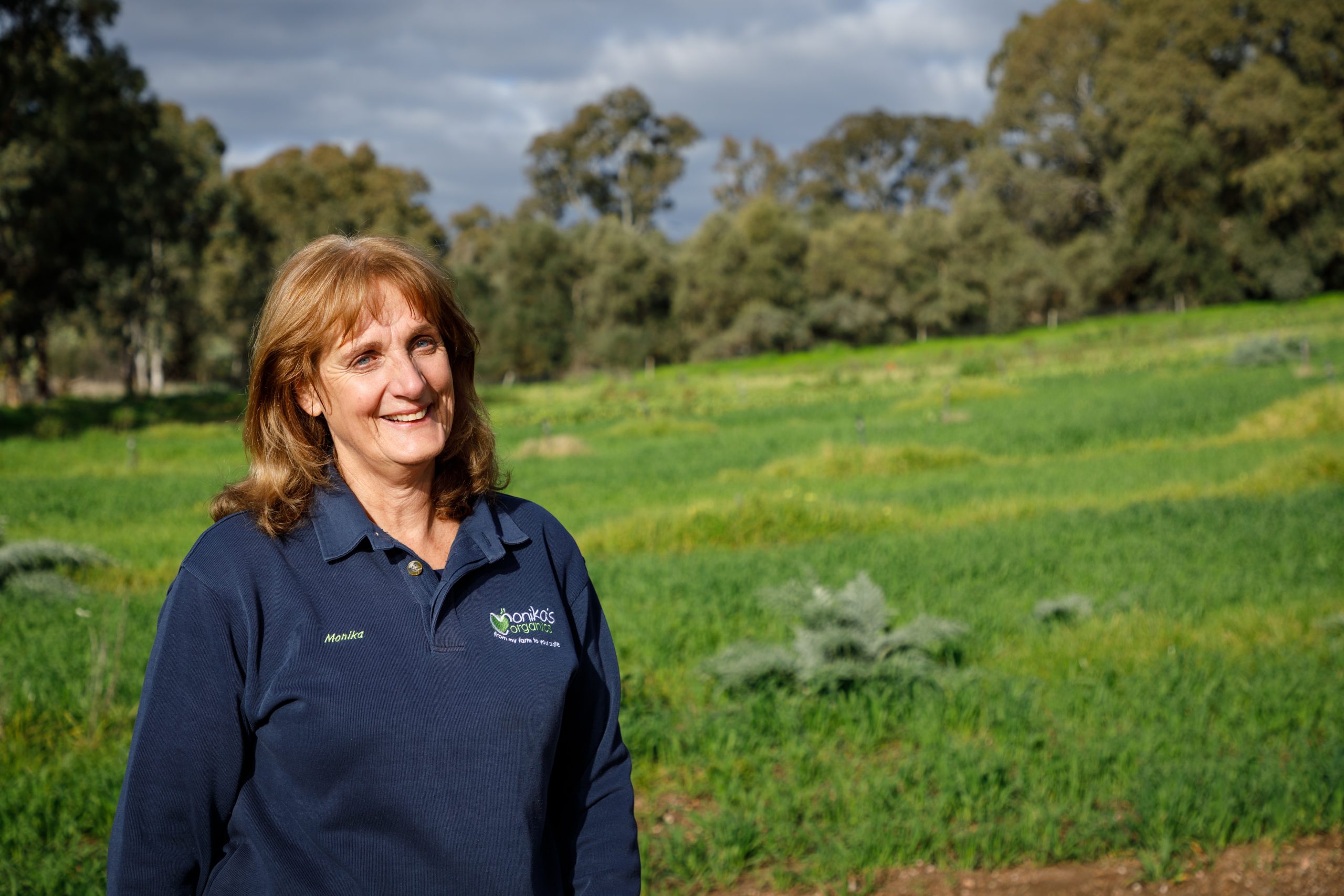
An international perspective
In October 2019, Monika attended the AUSVEG-led U.S.A. Industry Leadership and Development Mission. The study tour, a strategic levy investment under the Hort Innovation Vegetable Fund, provided many highlights for Monika that included seeing the large-scale production areas and visiting farms in in the desert regions of Arizona. She also gained an insight into the Colorado River system and how it is controlled.
“The Colorado River system runs through California to Arizona and finally to Mexico. The water quality is excellent at all states and quantity is fully-controlled – everyone gets what they require, including the environment,” Monika says.
“Growers developed waste drainage systems on their farms, as well as designated areas for excessive waste, so they were able to not contaminate the river with chemical run off and nitrates. I saw this river over 10 years ago and it was in real trouble. In that time, the river hasn’t been traded or bought and sold to foreigners purely for investment.”
Monika says the study tour confirmed that she is on the right track with organic growing, with the sector growing in the U.S.A. year-on-year.
“There is growing interest in food sovereignty and food as medicine, which is seen all over the world,” she adds.
Monika highly recommends attending an overseas study tour.
“I have been on a few over the past 12 years and have learnt so much,” she says.
“For example, I have seen sophisticated machinery and research stations that belong to growers. I have looked at a business model between growers, agents, and customers, and have attended several of the world’s largest horticulture events. At those, I have seen innovative products and trends before they have reached Australia.”
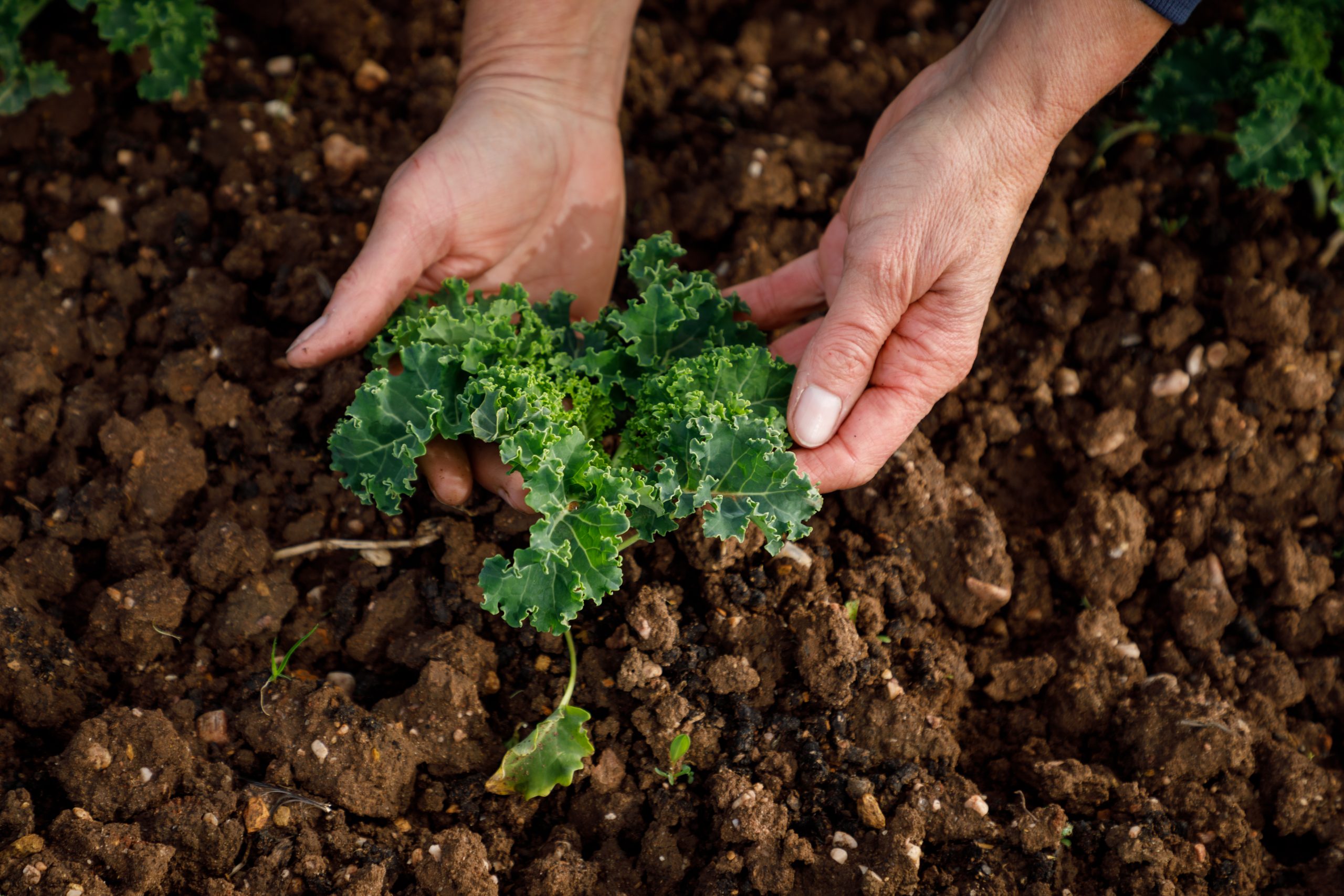
Organic pride
Monika’s hard work hasn’t gone unnoticed. In 2017, she was nominated for the Women in Horticulture award at Hort Connections – a proud moment, and one that made Monika feel like she was “on the right track” in her career.
“It inspired me to keep going. I may be a small grower in real size and capacity, but huge in terms of service delivery and brand recognition for South Australia,” she says.
Monika’s enthusiasm for organic vegetable growing hasn’t wavered over the past two decades.
“I enjoy knowing I am part of organic farming principles that encompasses a holistic approach to caring for soils, water, animals, people and the environment, including integrated pest management and vegetation restoration,” she says.
“I love connecting to people within the supply chain and growers and listening to their stories. Taking on a new career path from nurse to ‘farm girl’, specialising in organic farming, satisfies my passion for health and the environment. It sits very well with who I am and what I stand for.”
Monika also pays tribute to her son, Daniel Quattrocchi.
“I could not have achieved this without the support of Daniel. He has been my business partner since the age of nine and a half,” she says.
“Twenty-one years later, Daniel has the same passion, enthusiasm, values and standards as me. I have great confidence in his ability to drive our business forward and be able to withstand whatever is thrown at us.
“As a single mum bringing up two small children, I have had a huge journey. We have faced many challenges to get to where we are today.”
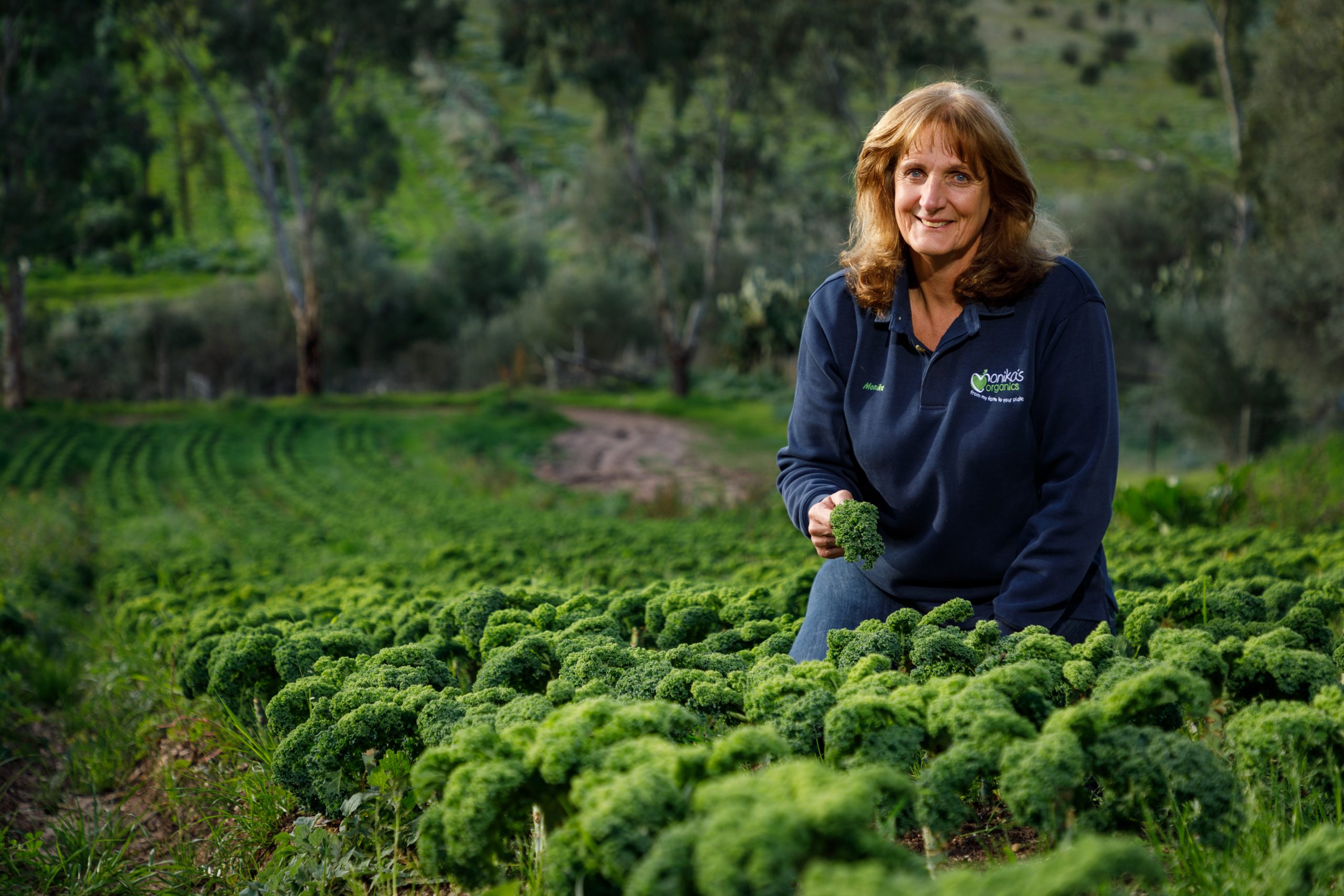
This grower profile first appeared in the leading magazine for the Australian vegetable industry, Vegetables Australia. If you’d like to subscribe to receive a new edition of Vegetables Australia in your mailbox every three months, use our online subscription form!
Photography credit: Andrew Beveridge (asbCreative).

